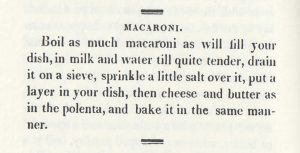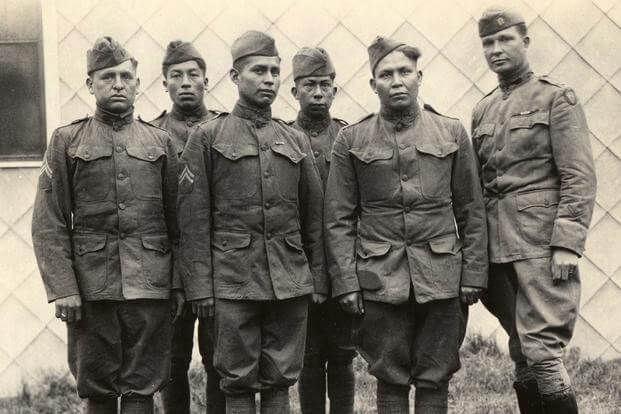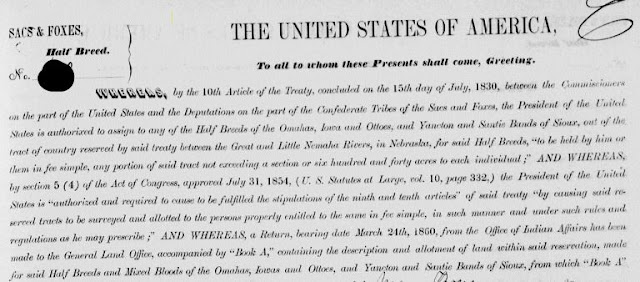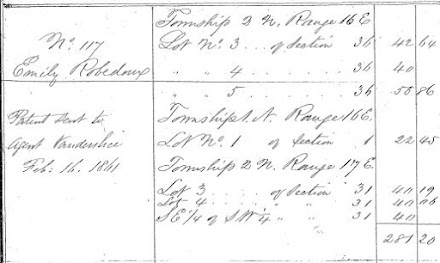Many descendants hit a brick wall when researching their colonial ancestors. Since Virginia was the had the largest population of American colonies, and we just finished a 2 year project on indentured servants, the
a3Genealogy Research Team wanted to share a few quick hints to successful research. Although we highlight Virginia here, know that these tips should be considered when researching indentured servants in all of the colonies.
Let's say post Revolutionary War records proved your ancestors to claim VA as their earlier resident state. Many of these ancestors fought in, or supplied to, the Revolutionary War. As they migrated south to the Carolinas, Tennessee and settled in KY, they were landowners, some were skilled. But, finding the family units in Colonial VA, pre-Revolutionary War can be a mystery.
Do Not Overlook
Since eighty percent (80%) of immigrants to 17th century Chesapeake were indentured servants, it will behoove the researcher to consider this possibility.(1) Most of our ancestors were indentured servants, slaves, or bound in some way as laborers! It is said that up to 75% of all individuals who came off the transatlantic ships, settling in all colonies, in the 17th century were indentured servants. (2).
References:
(1) 17th Century Chesapeake, Bill Warder, 2015: "Of the 200,000 emigrants to English North America in the 17TH- century, about 110,000 came into Virginia and Maryland primarily between 1630-1680, with about 80% of those emigrants arriving as indentured servants. ( https://www.nps.gov › None More Important Than People: CTW12015-2).
(2) The all colonies estimate given by Natural History estimates for that timeframe: "up to 75 percent of all the individuals who came off the transatlantic ships in the 17th century were indentured servants." Source: Conditions in the Early Colonies, Smithsonian Institute, National Museum of Natural History,
Types of Indentured Servants

Indentured servants were contractually bound to work in order to compensate for their passage to America. There were 3 types of indentured servant agreements: redemptioners, voluntary, and involuntary.
- Voluntary or "free willers" willingly signed a contract before departing England.
- Involuntary or "King's passengers" were also called "convict servants. These criminals were usually obliged to serve a term of seven to fourteen years which was based on their convicted crime.
- Redemptioners were counting on settled family in the colonies to pay their passage, or secured a way to pay for there passage within two weeks of their arrival to the colonies. If they failed to pay their passage within those two weeks, the contractors' agreements were sold to the highest bidder by the sea captain to pay for their passage.
Three Basic Guidelines to Begin Indentured Servant Research
One of the goals is to locate embarkment records from England. Embarkment records may provide the "Master's Name" for whom they would be working, the ship name and sea captain, and the location for which they would be bound, i.e. Paris or Jamaica. The above image even has recorded a person bound to pay off passage for his return to Ireland. The reasons for taking the journey varied: to seek a better livelihood, to settle in business with a friend, and for pleasure
1) Begin with a timeline. Based on your research, narrow the timeline for when your ancestors arrived in America. This will allow you to apply the indentured servant laws that apply to your ancestor.
2) Review the practices for your location. Here is a link on Life in Early Virginia, but be sure to familiarize yourself with the colony of your ancestors. Each colony had different practices. A good review for Pennsylvania is the Redemptioners and Indentured Servants in the Colony and Commonwealth of Pennsylvania.
3) Familiarize yourself with the indentured servant laws of the time. Keep in mind that in many cases the laws for the Irish were slightly altered. A good place to start for thee Laws of VA is here in this searchable Collection by Wm. Waller Henning.
a3Genealogy Research Recommendations to Finding Indentured Servant Records
Databases
State Libraries and Archives.
Library of Virginia: The online
Virginia Land Patents and Grants is a great source for uncovering your Virginia indentured servant.
Indentured servants in Virginia were most often registered by the colonists in order to secure headright grants. The index for the Land Patents and Grants does not include the names of people claimed as headrights. In lieu of an index reference
Cavaliers and Pioneers available at
Ancestry or online book format.
Maryland State Archives.
As indices and extracts may lead us to copies of the originals, we often turn to Dr. Louis Green Carr's Biographical files of the 17th & 18th Century Marylanders to uncover indentured servants in that state.
The New Early Settlers of Maryland, by Dr. Carson Gibb.

This is a great source when looking for early ancestors who may have been indentures in Maryland. Although some when say it is a long shot to resolving a VA indentured servant brickwall, we say HOGWASH! This source has led the a3Genealogy Research Team to solving not one but two brickwalls in 2022. Both were indentured servants in VA.
Petersrow Publications.
This resource is not just of indentured servants, but of many indentures (contracts) to include indentures for free blacks. Yet, we have been able to solve brickwall indentured cases by scouring these records. The best part, is it's name based index, where you can enter your surname, and the publication, timeline, and place for the indenture is included. This one will keep us busy for Jan 2023.
Cyndi's List. We would be remiss if this site was overlooked. Be sure to look here for German Immigrant Servant Databases
Additional Reading
Kathleen Brandt
Be Historically Correct
a3genealogy.com
Accurate Accessible Answers
a3genealogy@gmail.com






%20(Pinterest%20Pin%20(1000%20%C3%97%201500%20px)).jpg)











%20(1080%20%C3%97%201080%20px)%20(Pinterest%20Pin%20(1000%20%C3%97%201500%20px)).jpg)









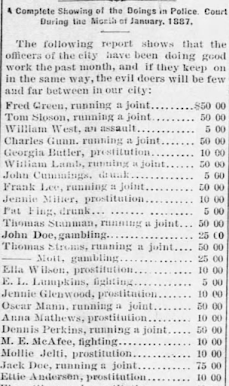
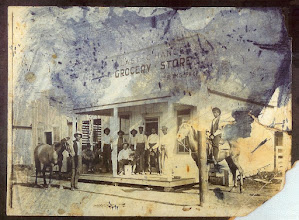








%20(1080%20%C3%97%201080%20px).jpg)

